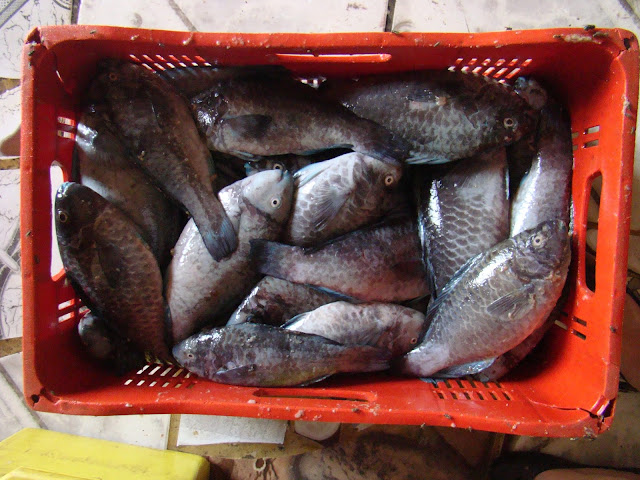Interviewing Dr. Beth Fulton

It is always a pleasure to talk to people who think out of the box and Beth is indeed one of those! These days, thinking out of the box may just well mean to do things in the ways we did before, seeing the whole picture and not only the parts. Beth talks about this and much more here, but before we get there, let’s just remind you about who Beth Fulton is, a name very familiar for those studying fisheries. Beth has a PhD in ecomathematics from the University of Tasmania and is a leading marine ecosystem modeller with a background in marine ecology, mathematics and scientific programming. She has been leading the CSIRO ecosystem modelling efforts in Australia for the past 15 years. Her science focus is on marine natural resource management, conservation and ecosystems. Beth’s team focuses on the development of programs that model marine ecosystem models (e.g. Atlantis, InVitro and CORSA). In particular, such modelling software give equal attention to biophysical and human component...





